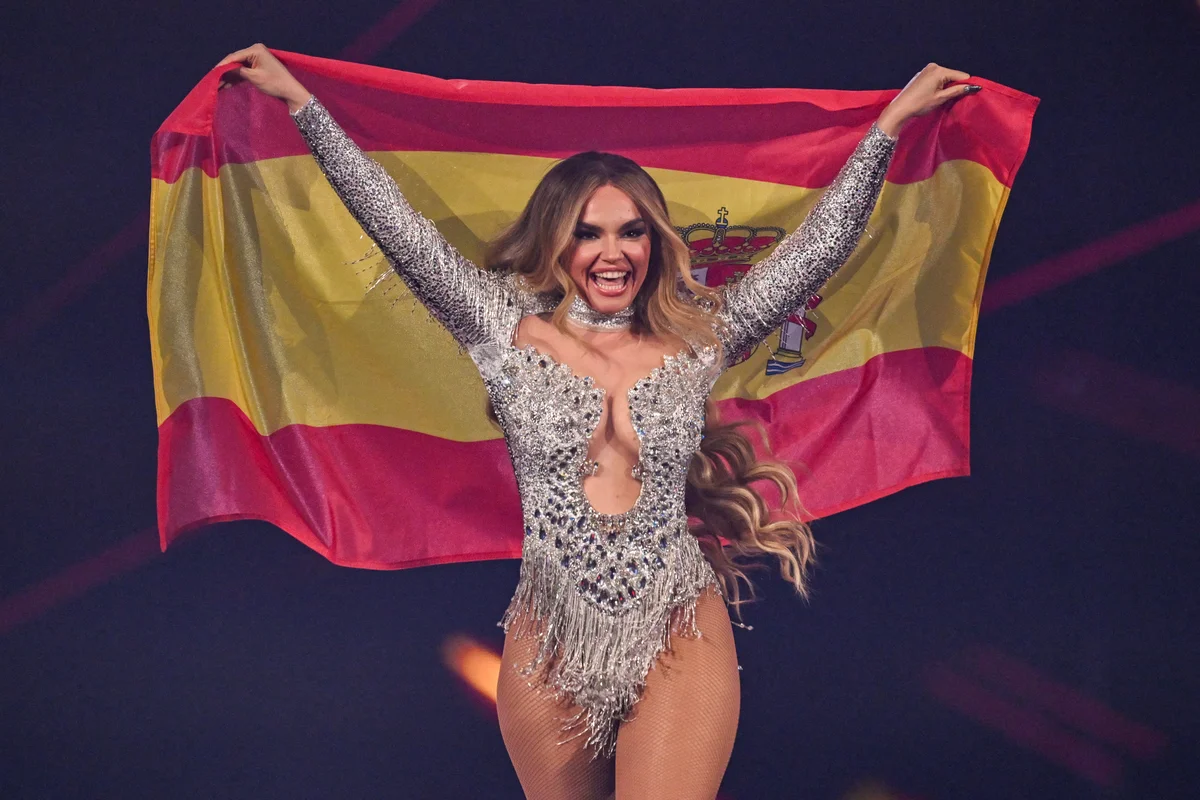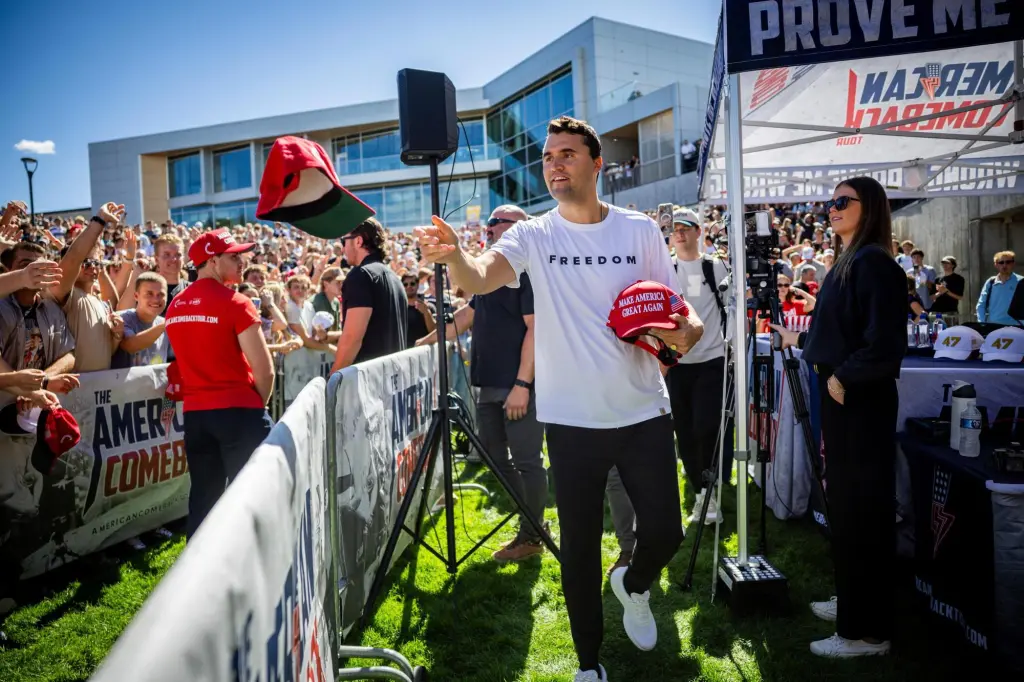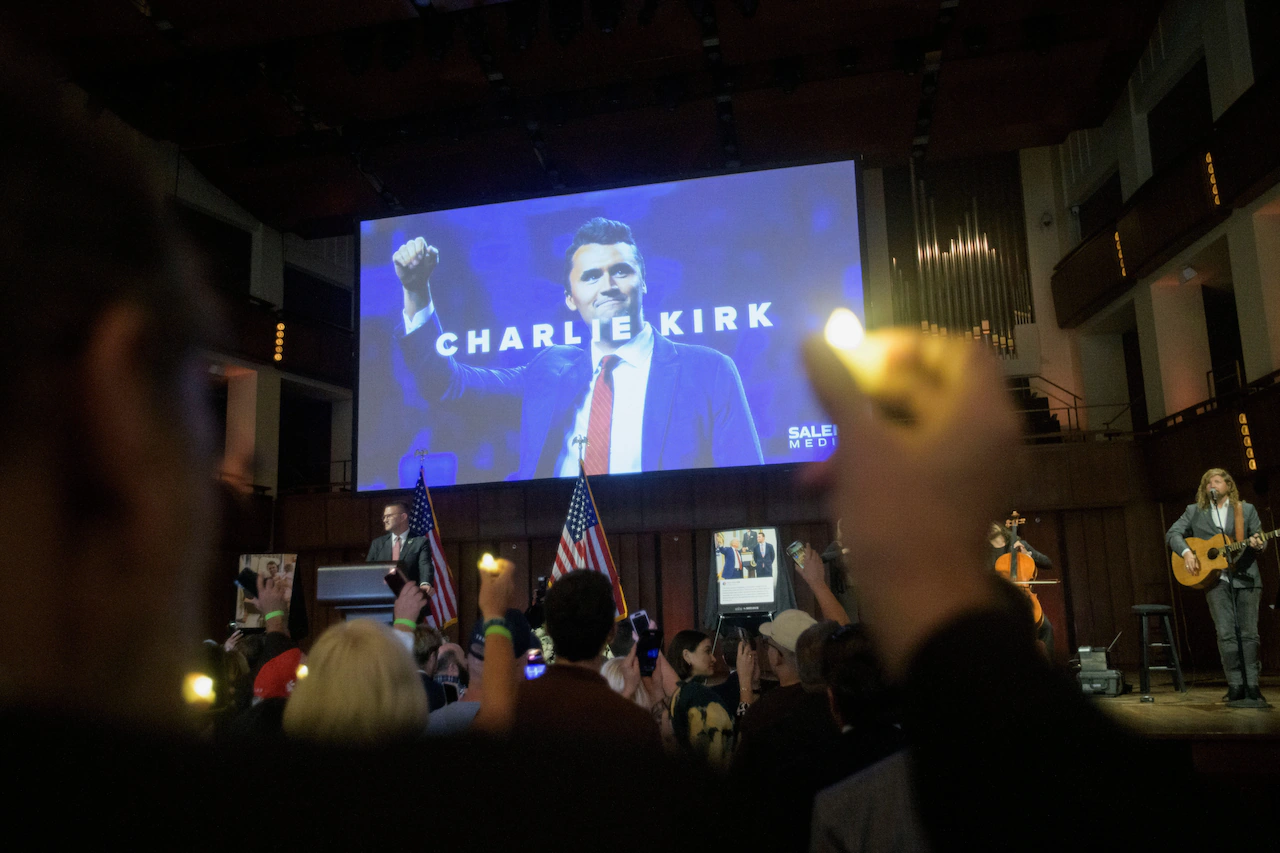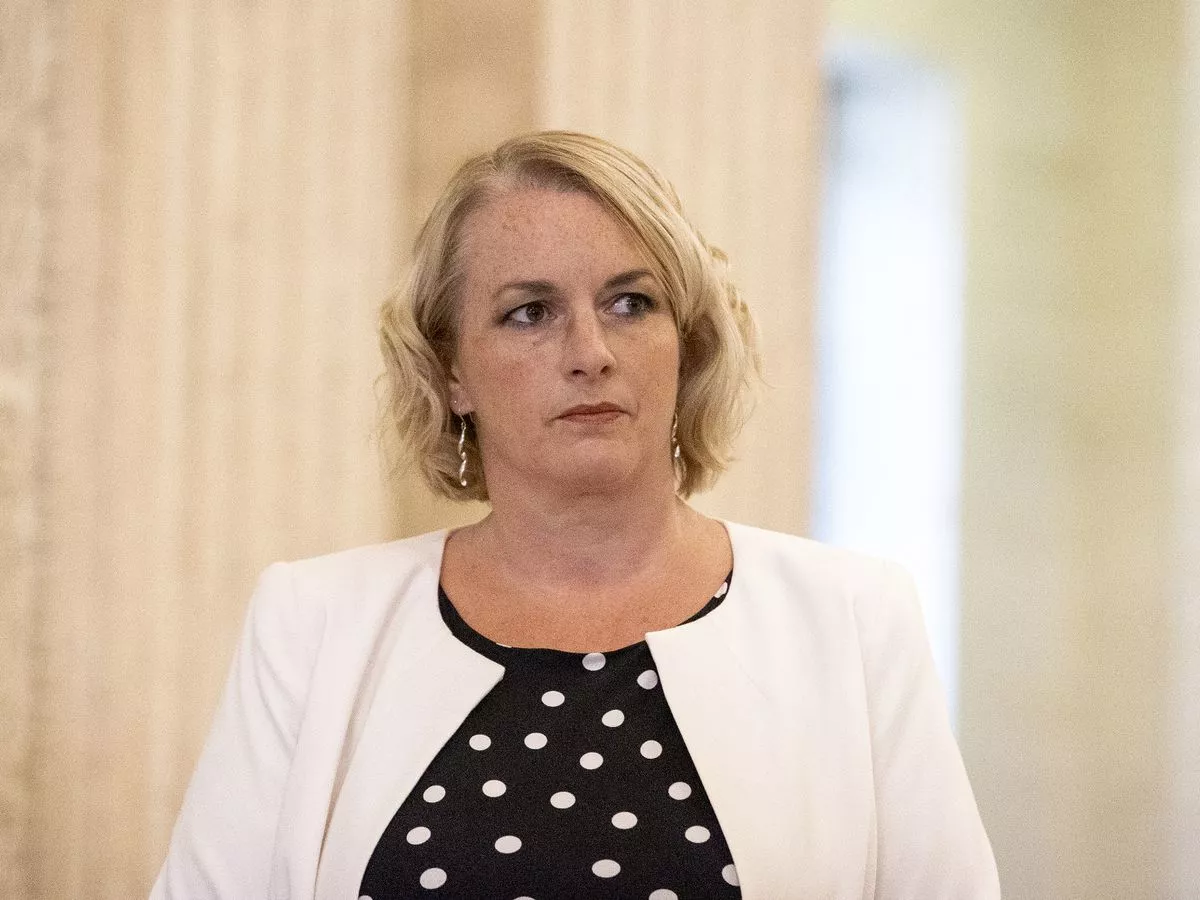By Pablo O’hana
Copyright independent

There’s nothing like Eurovision. Americans don’t get it, Australians are compelled by it and Europeans can’t live without it. But beyond the jaw-dropping voices and dazzling pyrotechnics, there is a real mission – one born out of Europe’s darkest moment.
In the rubble of the Second World War, the song contest was designed to stitch a shattered continent back together. The message was simple: If we can sing together and celebrate our shared values, how could we possibly take aim at one another?
For nearly 70 years, it has worked. Eurovision has become the world’s most watched non-sporting event – a cultural phenomenon that unites hundreds of millions in a way politics rarely has.
But next year’s contest in Vienna is set to be the most divided in its history.
Spain has now become the latest participant to threaten to not participate unless Israel is excluded from the competition over the war in Gaza.
Ireland – joint record-holder for the most Eurovision wins – the Netherlands and Slovenia are among those who have made similar noises. This year’s winner, JJ, has also called for Israel, who were runners-up, to be excluded.
This rupture began with hypocrisy. The European Broadcasting Union (EBU), which organises the contest, rightly banned Russia from taking part in 2022 following its unprovoked invasion of Ukraine – yet it has refused to apply the same principle to Israel, despite the escalating humanitarian catastrophe in Gaza and a United Nations commission concluding that Israel has committed genocide.
Double standards have already eaten through two contests. Israel was made to rewrite its 2024 entry, “October Rain”, after the original lyrics were thought to reference the Hamas attacks – which would have gone against Eurovision rules on political neutrality. Such a contravention would ordinarily have meant disqualification.
There has also been much bad feeling among contestants over which flags can and cannot be waved during what is now a week-long event. In recent years, some participating countries have been censured for flying the Palestine flag in solidarity – but the stricture has now been waived after the “participant flags only” rule also ruled out bisexual, trans and non-binary banners, while the original “freedom” rainbow flag was granted special status. Hmm.
Belgium is holding talks about its participation, and Iceland has warned that participation hinges on how the EBU responds. But it is the Spanish broadcaster’s decision to announce that it will not take part if Israel does that is focussing minds.
It is the first of the ‘Big Five’ to declare its intentions – the contest is bankrolled by its biggest backers, a group that also include France, Italy, Germany and the United Kingdom. Spain’s departure could prompt an avalanche: rumours of France considering its position are swirling. If they go, it would be game over for Vienna 2026 before a note has been sung.
Phil Coulter, the United Kingdom’s most successful Eurovision songwriter – having penned Sandie Shaw’s 1967 winning entry “Puppet on a String” as well as Cliff Richard’s 1968 near-miss “Congratulations” – has urged the BBC to walk away.
Director-general Tim Davie insists that Eurovision “isn’t about politics”. But with so many countries heading for the exit, his silence looks less like prudence and more like paralysis.
Eurovision is personal to me. I subscribe to both its mission and its creative output. And before you scoff “What creative output?”, perhaps you’ve heard of Céline Dion?
I don’t just watch it, I host an annual party with custom LED wristbands, marquees, food from 35 countries and over 250 feet of homemade bunting. Next year should be my 15th anniversary hosting – and Eurovision’s 70th. But instead of planning a double celebration, I am wondering whether there will be anything left to celebrate.
The contrast with Liverpool two years ago could not be starker. When the UK stepped in to host on Ukraine’s behalf, every detail – from the staging to the interval acts – was a proud tribute to resilience. It was Britain at its best, and Eurovision at its finest: a cultural gesture of solidarity with a neighbour under siege.
Fast-forward to Vienna, and that spirit has curdled. The EBU’s refusal to apply its own principles has left Eurovision facing a credibility crisis. Some countries find participation incompatible with their values; others prefer to bury their heads and hope the music masks the politics.
But Eurovision has always been political – and is often at its best when it is. Dana International’s victory in 1998 signalled a new era in trans rights; Serbia’s win in 2007 in its debut year was a sign of its growing confidence as a standalone sovereign nation; and bearded drag queen Conchita Wurst parlayed her 2014 win into an appearance at the United Nations, to advocate for an end to discrimination based on gender and sexuality.
The question is not whether politics belongs in Eurovision. The question is whether the contest can still honour its founding mission: to bring Europe together. Right now, it is failing.
Unless the EBU rediscovers its backbone, Eurovision risks becoming a stage for selective storytelling, hypocrisy and division, at precisely the moment our continent most needs unity.
Europe must rediscover its courage; otherwise, the show may still sparkle, but the soul will be gone.



